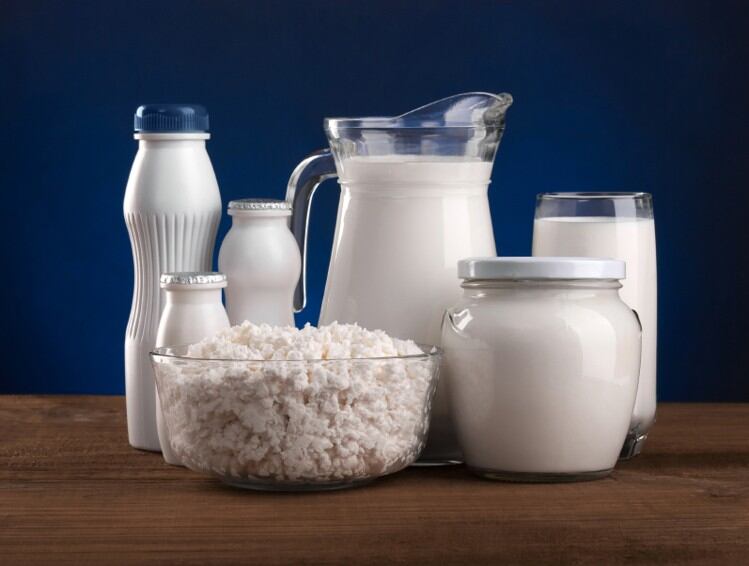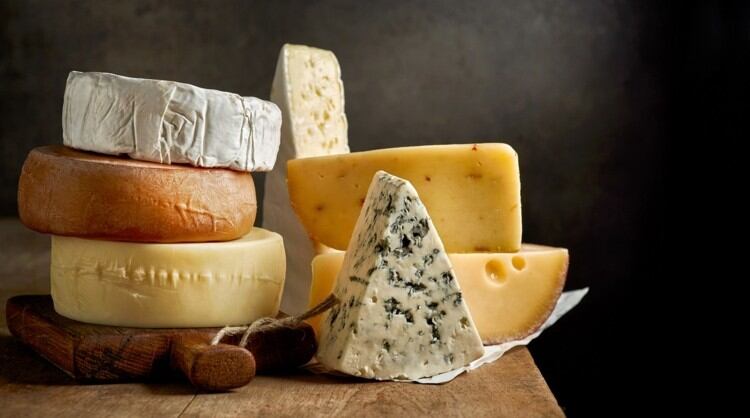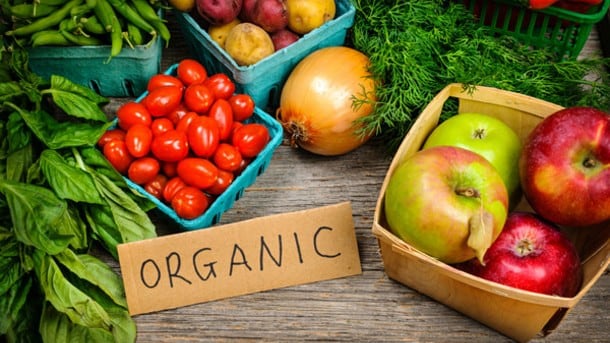The most commonly found adulterants include detergent, white paint, caustic soda and refined oil.
“Other contaminants like urea, starch, glucose and formalin are also used to deliberately adulterate milk as they provide thickness and preserve the milk for longer periods,” said Mohan Singh Ahluwalia, speaking for the Animal Welfare Board of India.
The prevalence of this milk adulteration has also been seen to be higher in the north of the country.
In a separate statement, Union Minister of the Science & Technology, Forest and Climate Change and Earth Sciences Ministries Dr. Harsh Vardhan said: “[India] ranks number one across the world for milk production, contributing to about 18% of the world's total milk. By volume, milk production is to the tune of about 146 million tonnes in the country.”
“But it is feared that over 60% of the milk is contaminated due to malpractices in milk supply chain.”
“The milk is [said] to be adulterated with contaminants such as urea, salt, detergent, liquid soap, boric acid, caustic soda, soda and hydrogen peroxide which have hazardous health effects,” he added.
As of 2016, India consumes 480 grams of milk per capita per day. This is expected to rise to 800 grams in the next 50 years.
The dangers of adulterated milk
Food adulteration poses severe dangers. When the adulterants in question are consumed in excessive amounts, the risk of irreversible damage to various organs increases multiple-fold, as does the risk of cancer.
The adulteration situation in India is so serious that FSSAI has developed a kit, the Detect Adulteration with Rapid Test (DART) to enable citizens to detect food adulterants on their own.
Additionally, India has received a related health advisory from the World Health Organisation (WHO), according to local reports. This stated that failure to immediately check the adulteration of milk and milk products would see 87% of Indian citizens suffering serious diseases like cancer by 2025.
India’s milk market
India has maintained the top spot for milk production since 1997. Milk is considered to be India’s largest crop, reaching US$ 69.6 bn (INR 5 trillion) as of 2016.
That said, local co-operatives and private dairies only handle 20% of the milk in the country. Only approximately 66% of milk is sold in the organised market, as compared to roughly 90% in most developed countries.





